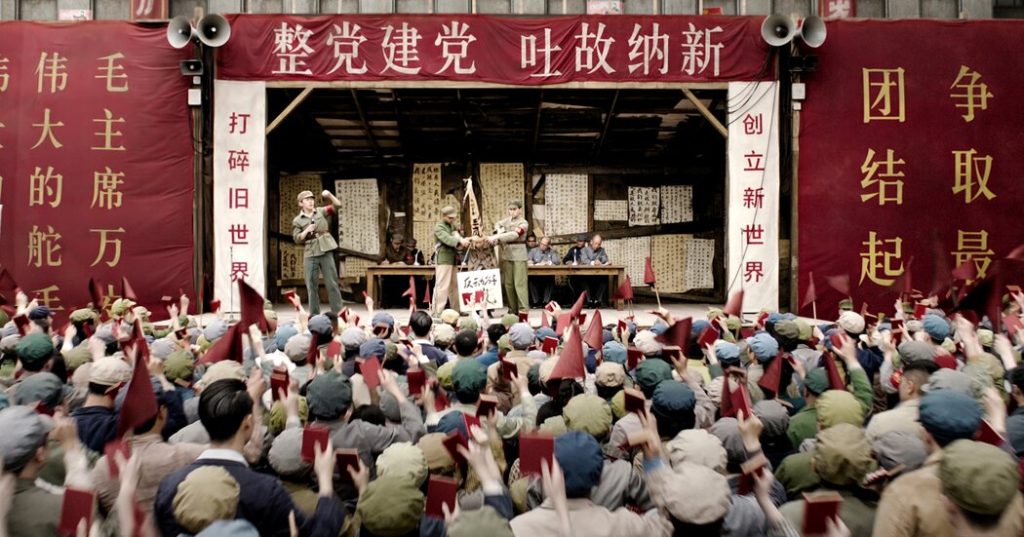The Netflix adaptation of China’s celebrated science fiction novel “The Three-Body Problem” has faced backlash in China due to various reasons. The series, set during the Cultural Revolution in China, sparked controversy for its portrayal of violent struggle sessions and the casting of racially diverse actors. Some Chinese viewers accused Netflix of demonizing China by depicting political violence, while others criticized the lack of Chinese elements in the series. The adaptations of the popular book were met with anger, sneers, and suspicion rather than pride and celebration.
The author of “The Three-Body Problem,” Liu Cixin, has a cult-like following in China, where society is steeped in techno-utopianism. However, the Netflix series faced criticism for portraying China as a scientific giant while including few Chinese elements. Comments on Chinese social media focused on the negative portrayal of China and the lack of true representation in the adaptation. Some viewers questioned the need for the graphic opening scene depicting violence during the Cultural Revolution, while others accused the series of exaggeration.
The Cultural Revolution, a taboo topic in China, is heavily censored in discussions and media. The violent struggle session depicted in the opening scene of the series reflects the brutal reality of that time, but many Chinese viewers found it too harsh or unnecessary. The history and atrocities of the Cultural Revolution are not openly discussed in China, leading to a lack of understanding and empathy for the events that occurred. Despite the importance of the Cultural Revolution to the plot of “The Three-Body Problem,” its depiction remains controversial in the adaptation.
The reactions to the Netflix series underscore how years of censorship and indoctrination have influenced public perspectives in China. The reluctance to engage with difficult historical and political topics, combined with a deep-seated distrust of the outside world, has shaped the reception of the adaptation. Some viewers believed that the series was created to serve Western interests or deliberately tarnish China’s image, reflecting a broader lack of pride in the country’s cultural achievements. The controversy surrounding “The Three-Body Problem” highlights the complexity of discussing sensitive historical events in a society where such topics are heavily controlled.
The limited understanding of the Cultural Revolution’s impact on Chinese society is evident in the mixed responses to the Netflix adaptation. While some viewers criticized the series for its graphic depiction of violence and lack of Chinese representation, others questioned the need to include such historical events at all. The reluctance to confront the darker aspects of China’s past, coupled with a propensity to view entertainment through a political lens, has created a divisive response to the adaptation. The controversy surrounding “The Three-Body Problem” reflects broader tensions around historical memory, censorship, and cultural representation in China today.


